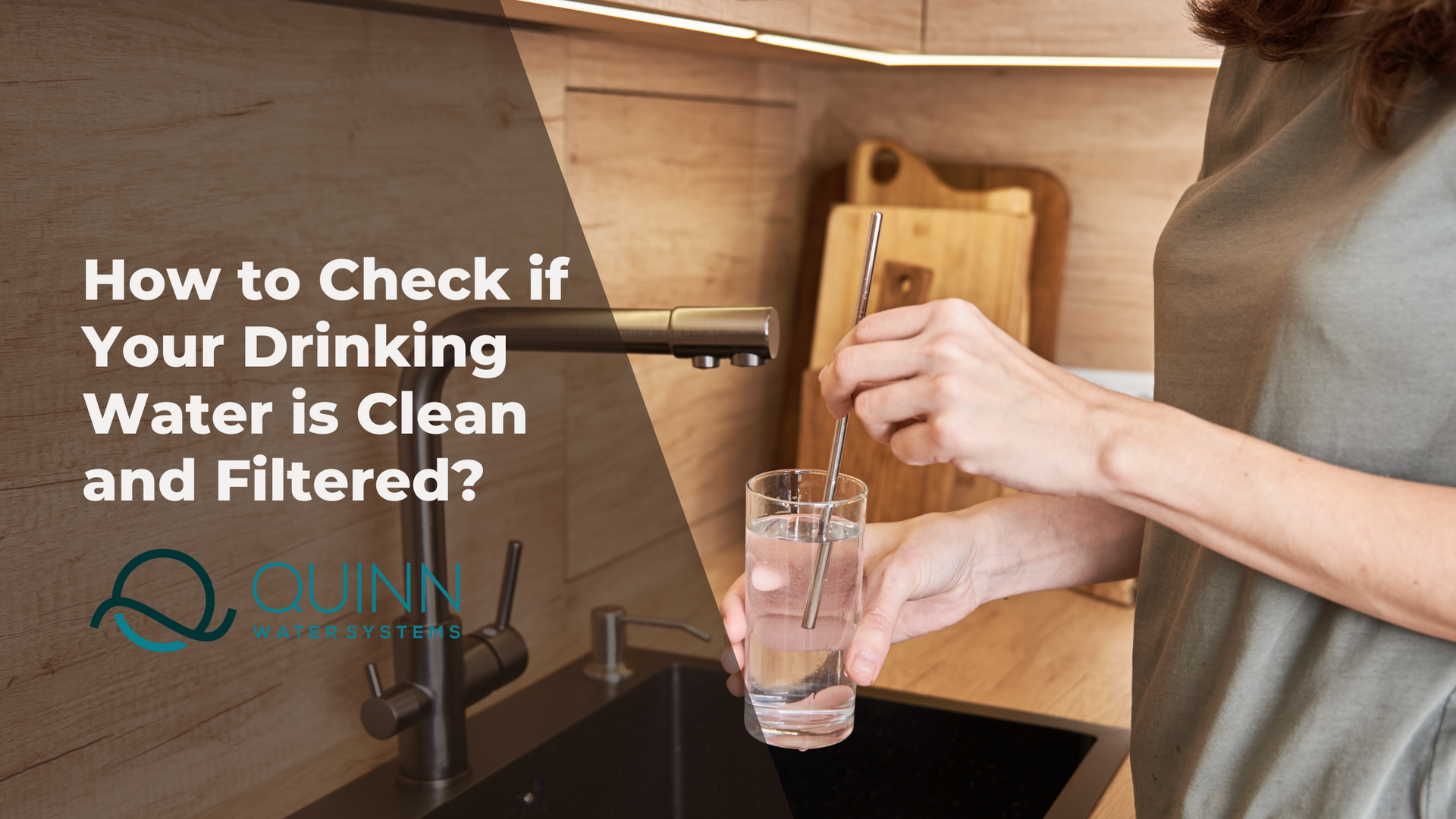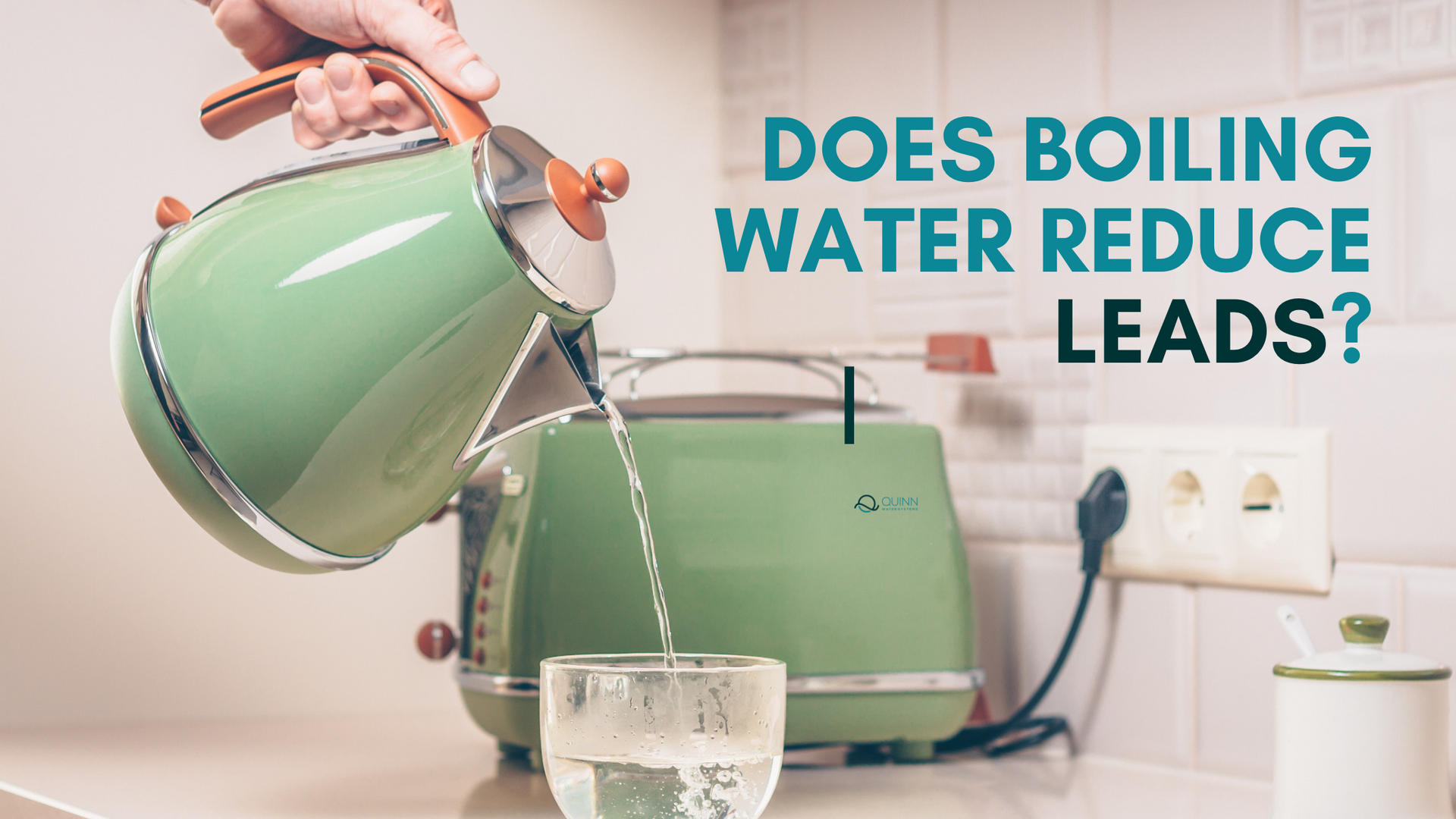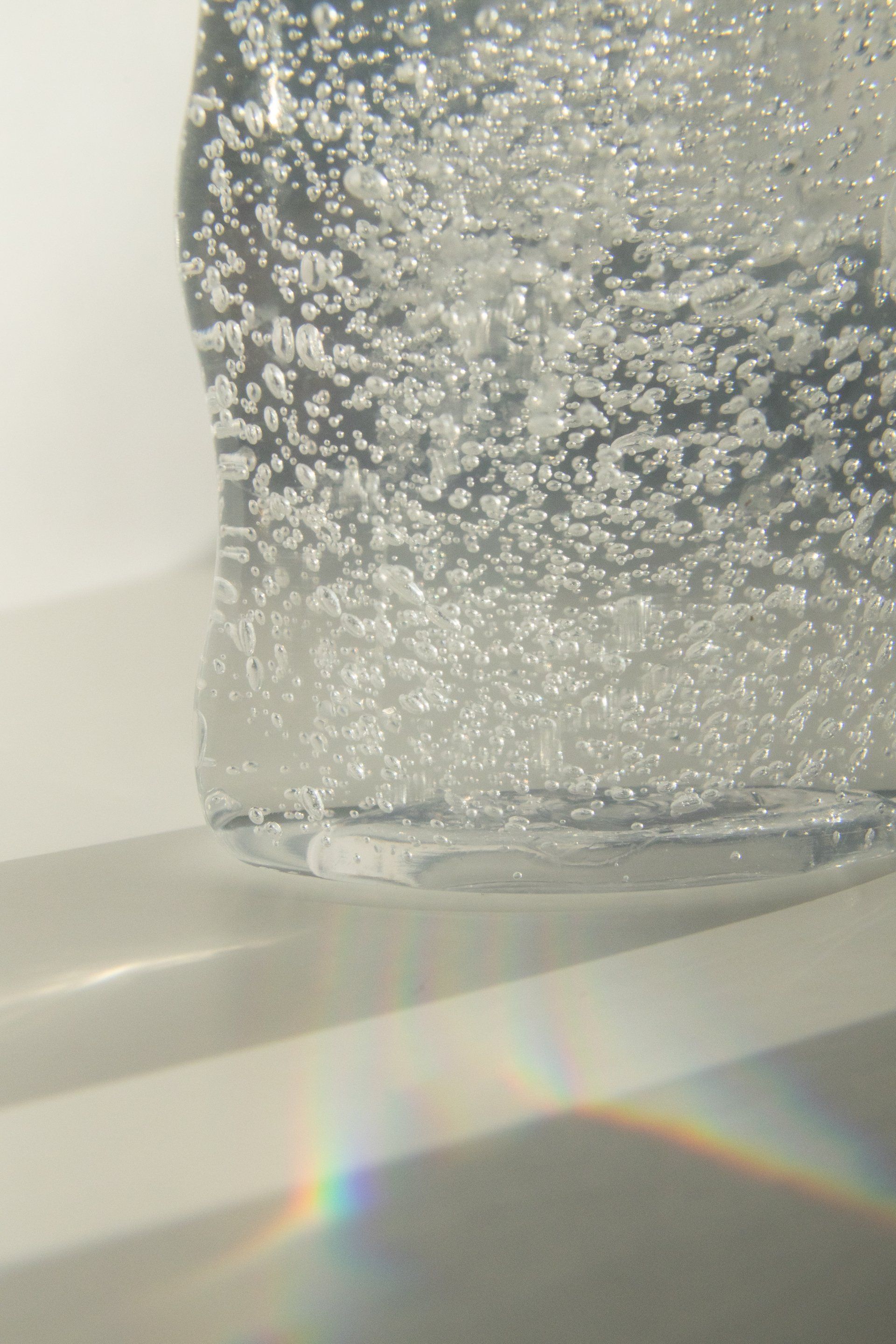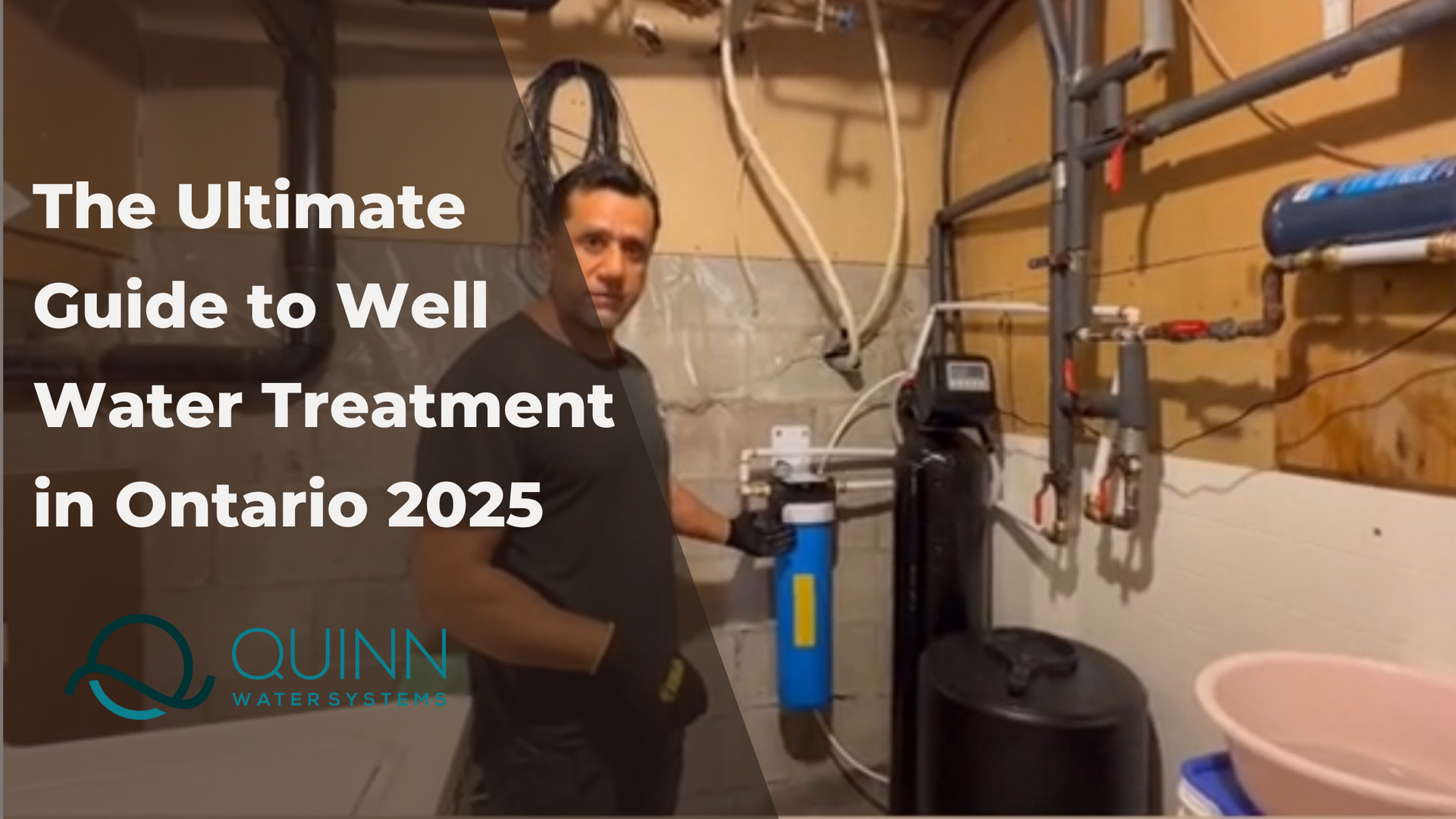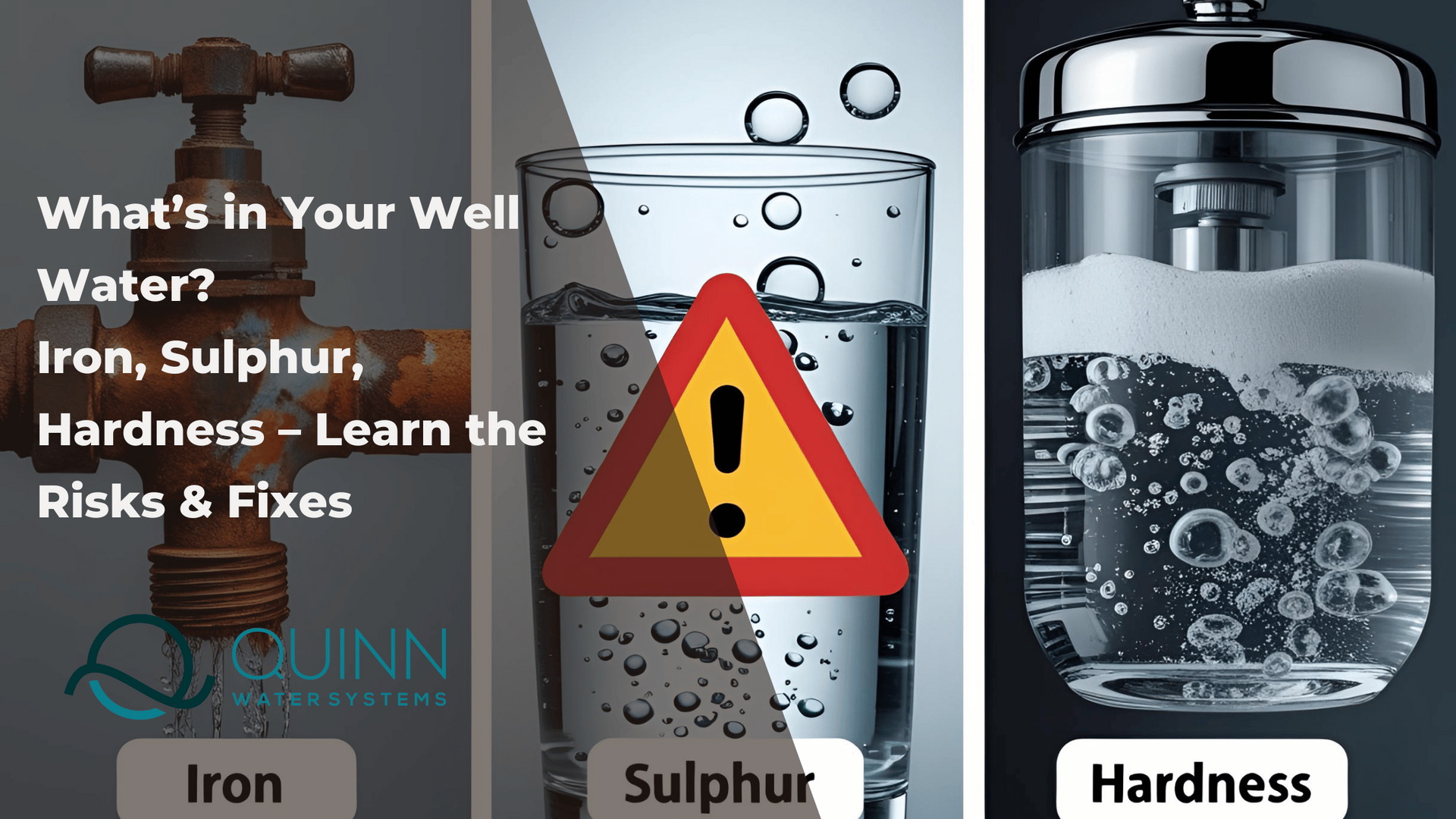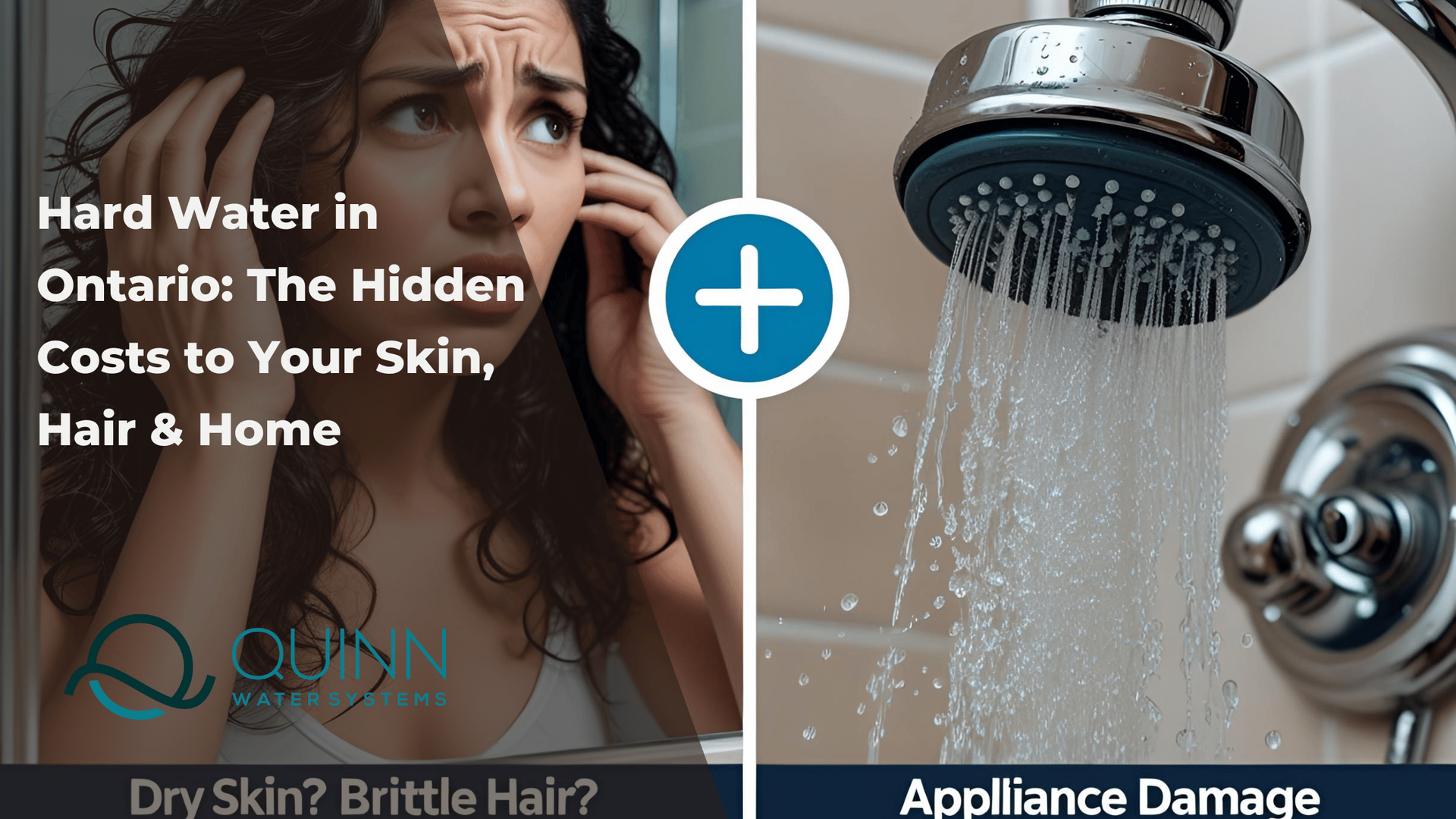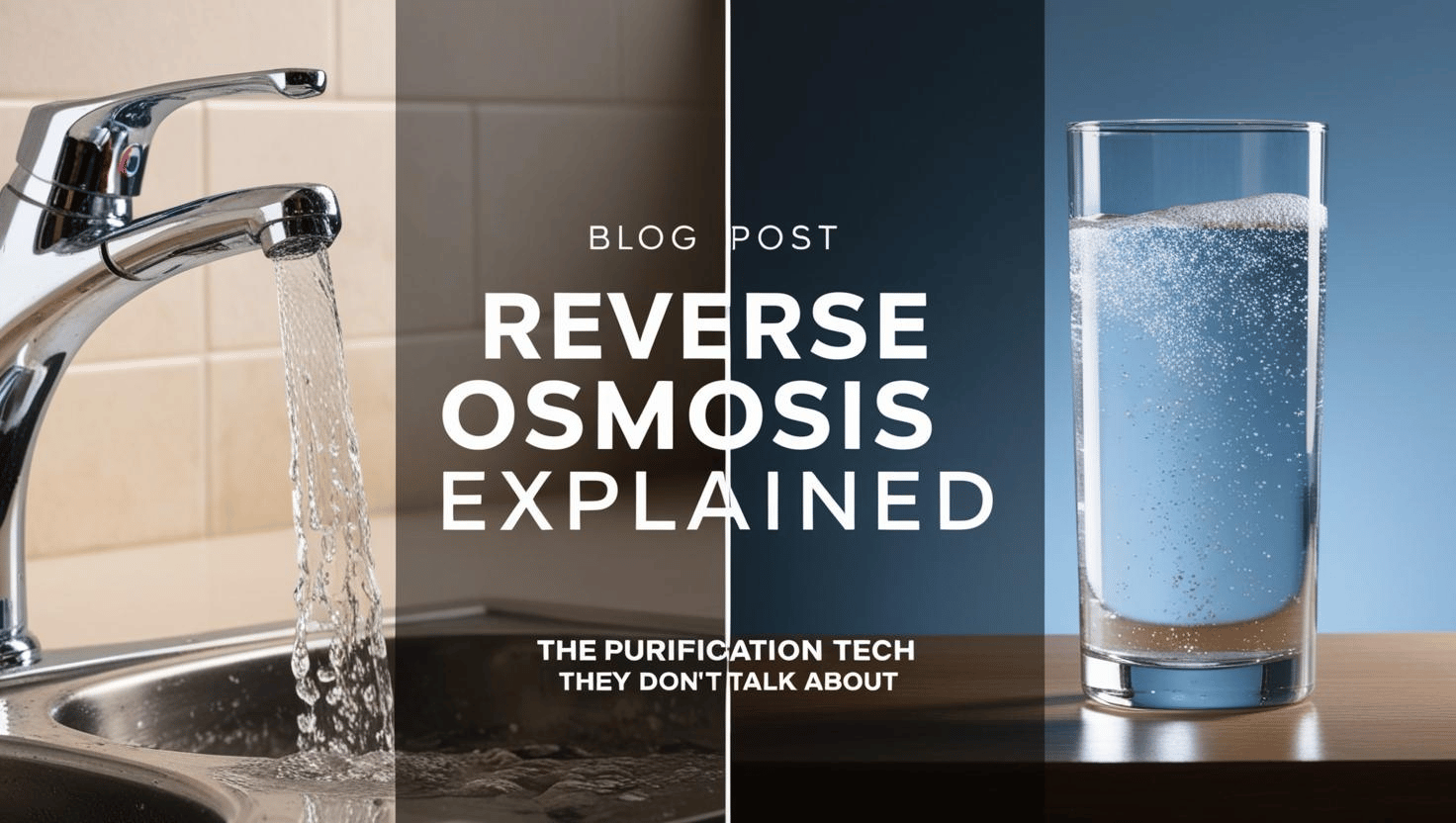Word of Advice to Homeowners: Nitrates in Water
Word of Advice to Homeowners: Nitrates in Well Water
As homeowners, ensuring the safety and quality of our drinking water is of utmost importance. One often overlooked but significant concern is the presence of nitrates in our water supply. Nitrates, while colourless, tasteless, and odourless, can pose potential health risks, particularly for vulnerable groups such as infants and young children.
In this guide, we aim to shed light on the subject of nitrates in water and provide valuable advice to homeowners like you. We will explore the sources of nitrates, the potential health implications, and the available methods for testing and treating water contaminated with nitrates. Armed with this knowledge, you can make informed decisions to safeguard the well-being of your family and take the necessary steps to address any nitrate-related concerns.
Remember, prevention and awareness are key. By understanding the risks associated with nitrates and taking appropriate action, you can ensure a safe and reliable water supply within your home.

1. What nitrates are and where they come from
When it comes to water quality, one of the most important things to understand is nitrates. Nitrates are compounds consisting of nitrogen and oxygen, and they’re commonly found in water sources. Nitrates can interact with a wide range of organic and inorganic compounds, or exist in an ionic form within water. These compounds play a vital role as nutrients for plants, which extract them from the soil. However, when plants do not fully utilize all the nitrates available, the excess nitrates can seep through the soil and reach the groundwater, a process known as "leaching." Once in the water, nitrates persist until they are utilized by plants or other organisms, or until they are removed through water treatment methods. The occurrence and behaviour of nitrogen compounds in both soil and water are intricate and multifaceted processes.
There are a number of different ways that nitrates can enter water, but some of the most common sources are sewage and agricultural runoff. Nitrates enter water sources from various origins. Here are some common sources of nitrate contamination in water:

- Fertilisers: Nitrate-containing fertilizers are commonly used in agricultural practices to provide crops with the necessary nutrients for growth. Excess application or improper use of fertilizers can result in nitrates being washed off the fields and entering water sources through runoff or leaching.
- Animal and Human Waste: Animal manure and human waste contain nitrogen in the form of ammonia. Over time, this ammonia can oxidize and convert into nitrite and nitrate ions, which can then enter water bodies through runoff or leaching.
- Decomposition: Decomposing plant and animal materials release nitrates as part of the natural decomposition process. These nitrates can find their way into water sources through surface runoff or leaching.
- Industrial Activities: Certain industrial processes, such as manufacturing and mining, can release nitrates into water sources through wastewater discharge or accidental spills.
Exposure to high levels of nitrates is a potential issue that can occur in rural areas following severe flooding or heavy rains. Nitrates can pose a serious health risk if present in high levels, so it’s important to be aware of where they come from and how to remove them.
2. The effects of nitrates on human health
Nitrates are commonly found in water supplies, and while they are not harmful to humans in small amounts, they can pose a serious health risk if the level of nitrates in water becomes too high. The U.S. Environmental Protection Agency (EPA) has established a maximum contaminant level of 10 parts per million for nitrates. Elevated nitrate levels can pose health risks, such as methemoglobinemia, commonly referred to as "blue baby syndrome."
Blue baby syndrome occurs when nitrates are converted to nitrites by bacteria in an infant's stomach. The presence of nitrites in the bloodstream hampers the blood's ability to carry oxygen effectively, leading to rapid deterioration of the baby's health. Symptoms include breathing difficulties, heightened vulnerability to illnesses, heart attacks, and even asphyxiation-related fatalities.
While older children and adults possess stronger stomach acids that can withstand higher nitrate levels, there have been reports suggesting a potential link between nitrates and gastrointestinal cancer. Furthermore, prolonged exposure to water surpassing the maximum contaminant level can result in excessive urine output (diuresis), increased accumulation of starchy deposits, and spleen hemorrhaging.
Significant concentrations of nitrite and nitrate in groundwater may indicate other contamination issues that require investigation and resolution. Certain nitrate-reducing bacteria have been known to form dense growths on well screens and equipment. Excessive nitrate presence in water sources, such as ponds and streams, contributes to algal growth and oxygen depletion, which negatively impacts aquatic life.
3. How to Know if There is presence of Nitrate in your Water?
To accurately determine the presence of nitrates in your water, water testing is crucial since nitrates are tasteless and odourless. Additionally, it is advisable to test for nitrite and ammonia forms as well. While laboratory analysis provides the most accurate results, onsite testing can offer preliminary indications.
Having your water tested by a reputable laboratory will provide a comprehensive analysis of nitrate levels and other relevant parameters. This method ensures precise measurements and helps identify any potential issues or risks associated with nitrates in your water supply.
Onsite testing kits can be used as a preliminary screening tool, offering immediate results. However, for a comprehensive understanding of your water quality and to make informed decisions, laboratory analysis remains the most reliable approach.
Remember, regular water testing is essential, especially in areas with potential nitrate contamination sources, such as agricultural regions or areas with intensive fertilizer use. By proactively testing your water, you can ensure the safety and quality of your drinking water for yourself and your family.
List of Licensed lab in Ontario >
4. How can We Treat Nitrates in Water?
When it comes to treating water containing nitrates, there are several methods available. The Environmental Protection Agency (EPA) has approved specific approaches for removing nitrates and nitrites, including reverse osmosis and ion exchange Water Softener.
For point-of-use systems where water is primarily used for drinking or cooking, methods such as reverse osmosis or disposable mixed-bed demineraliser work effectively. On the other hand, a whole-house solution for nitrate contamination can be achieved by combining ion exchange with a water softening system. Additionally, biological Nitrate Water Filter systems are also available and can be installed at the whole-house or even larger scale.
It's important to note that the best approach to address excessive nitrate levels is by targeting the source of contamination, particularly in groundwater. Taking action at the source is the most effective solution.
For further guidance and information, consider consulting a hydrogeologist, local environmental health professional, or a licensed and/or certified groundwater contractor. These experts can provide valuable insights and assistance tailored to your specific situation.
By implementing appropriate nitrate removal methods and addressing the contamination source, you can take proactive steps to ensure the safety and quality of your water supply.
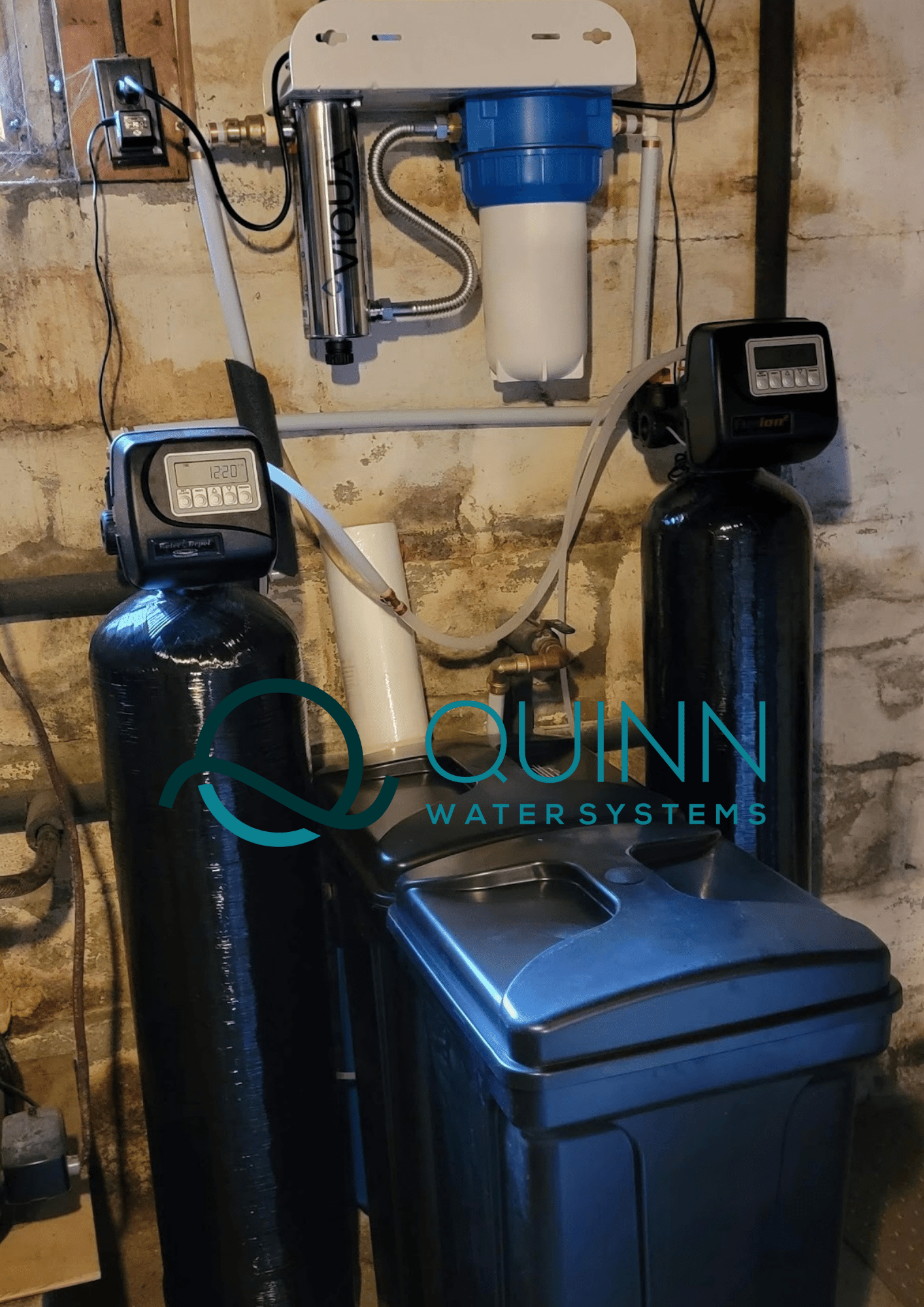
If you live in Ontario and are experiencing high levels of nitrates in your water, call Quinn Water Systems today to schedule an appointment for a water test.
We’ll help you find the best solution for ensuring that your family has access to clean, safe drinking water.
Contact Us
Blog Posts
Contact Us
Share this blog
Blog Posts



